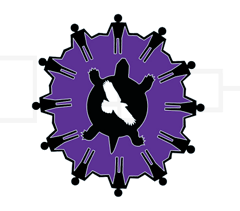Abstract
This article explores the integration of Indigenous knowledge into the classroom. It has been claimed that studies which do not promote revitalization of Indigenous communities should not be conducted. However, this article's intent is to support Indigenous communities and our way of knowing. The purpose of this paper is to stimulate thinking within Indigenous educational communities about the possibilities of incorporating kinship within students’ and teachers’ interactions for successful educational purposes. An alternative approach to how teachers and students interact in the classroom. This topic will also demonstrate the importance of Indigenous epistemologies with a theory that permits Indigenous scholars to justify their epistemological and ontological concerns. Though, to speak broadly about scholarly practice regarding kinship from an Indigenous perspective is to speak about it differently from non-Indigenous academics who speak from a single worldview of kinship. Therefore, blood relationship is not the primary focus, but the acknowledgement of the connection to others. The validation for Indigenous Knowledge for future Indigenous scholars to reclaim our cultural identities is important as well. It is important to acknowledge the Indigenous perspectives of kinship and its practice because different viewpoints allow different knowledge or new knowledge.
Recommended Citation
Long, Charlton
(2025)
"Taking Kinship into the Classroom by Indigenous Knowing: We Are ALL Related Somehow,"
Journal of Indigenous Research: Vol. 13:
Iss.
2025, Article 3.
Available at:
https://digitalcommons.usu.edu/kicjir/vol13/iss2025/3

